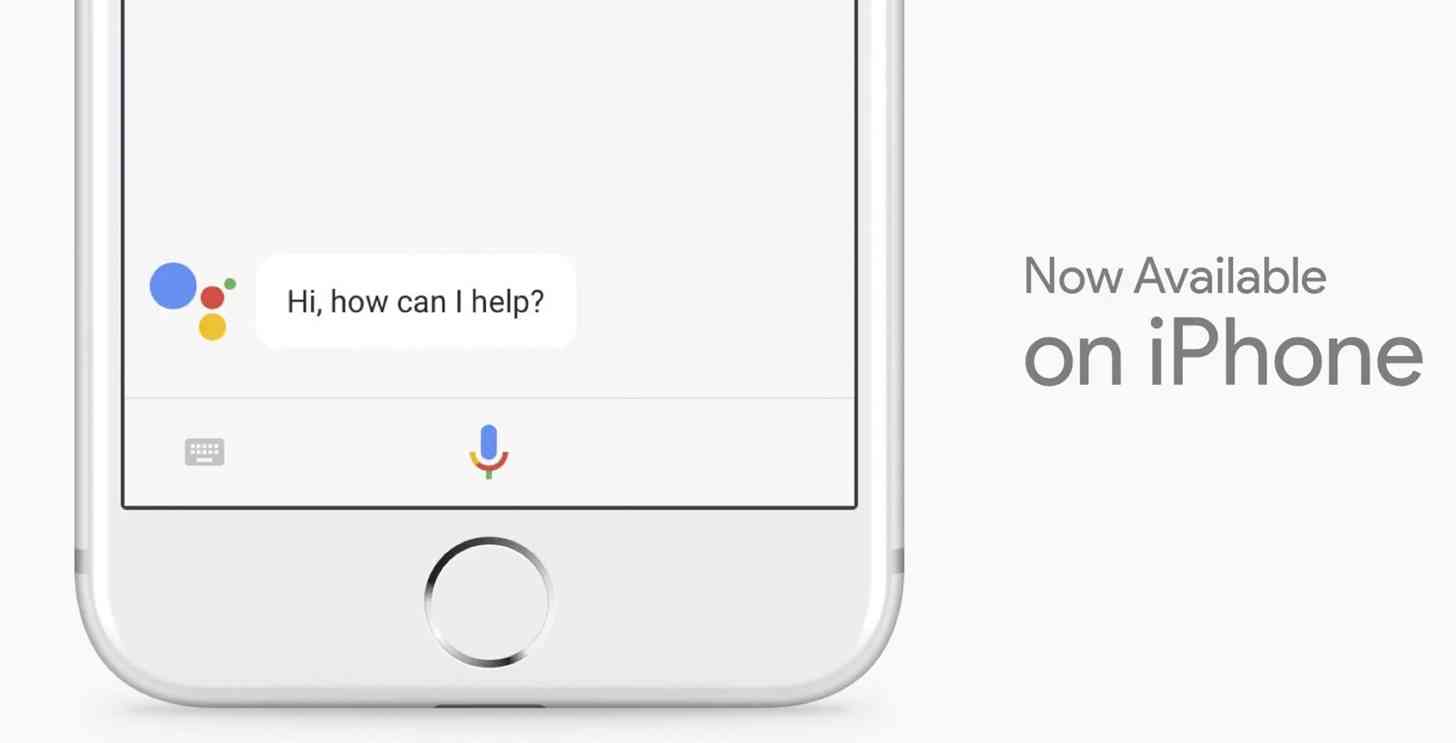
When Apple introduced Siri in the iPhone 4S in 2011, I was enamored with the idea of being able to do things with your phone just by talking to it. I would ask her to set alarms, send messages, and sometimes ask her dumb questions – which she responded to! What a crazy time to be alive. But it wasn’t long afterwards that the novelty wore off, probably an effect of having too many botched text messages and instances where Siri was little more than a glorified “Let Me Google That For You” bot. I also don’t think I ever truly became comfortable talking to my phone in public.
As the years passed, new AI assistants would pop up. Microsoft with Cortana, Amazon with Alexa, Google with Google Now turned Google Assistant, and with the Galaxy S8 comes newcomer Bixby from Samsung. While I can’t attest to Bixby nor Alexa, I have access to the other three: Siri on my iPad, Cortana on my computer, and Google Assistant on my Galaxy S7 Edge, and though I hardly ever used Google Now on my other Android devices, I find that I’m beginning to use Google Assistant for more and more things lately.
Previously, all I would really use Google Now for was maybe weather updates, but even that was scarce. With Google Assistant, I actually use the weather feature more often due to its contextual awareness. I rather enjoy being able to say, “Ok Google, what’s the weather going to be like tomorrow?” and subsequently be able to say (or press) “What about this weekend?” I’ve started using Google Assistant exclusively for creating shopping lists and have started creating shortcuts for the activities I do most. Although I haven’t implemented any smart home devices yet, I think it’s pretty awesome to know I’ll be able to control them through Google Assistant when I do.
During yesterday’s keynote to kick off Google I/O, one segment was dedicated to updates coming to Google Assistant. By and large, these updates are fairly basic: text input and response, iPhone support, a Google Assistant SDK for third parties to build Google Assistant support into their devices, new ‘Explore’ and ‘Your Stuff’ categories, and the ability to see your Google Assistant history just by scrolling up. Yet, despite these simple additions, I think these are great enhancements to the Assistant that will make a huge difference. I know they will for me.
Built-in text input is the one I’m most excited about. My kids are a little over 4 years apart in age, but both are equally smitten with Google. My oldest is old enough to understand boundaries when using the Assistant, but my youngest, now 2-and-a-half, is like a broken record when he hears somebody else talk to Google: “Ok Doodle. Ok Doodle. Ok Doodle,” which means no convenient “Always On” feature for me (or Google Home, for that matter). In either case, sometimes it’s nice just to check up on things through Google Assistant without my kids knowing everything that’s going on. Until now, the only way to use the Assistant with text input was through Allo, which I’m not exactly a fan of at the moment, but I’ve kept it around specifically for Assistant purposes. Since no word on SMS support for Allo came with I/O, I’ll be glad to uninstall Allo now that the only feature I use it for will be built in to Google Assistant.
Additionally, as a frequent switcher between Android and iOS, it’s nice to know I can bounce back and forth without having to choose between Assistant and Siri. Alexa and Cortana are additions as well, but considering how integrated Google Assistant is at this point for many Android users, it’s nice to have the option on iOS as well.
The last thing I could want is for Google Assistant to be officially supported on Windows/Mac, but even without official support there’s a fairly easy way to get Google Assistant going on your computer if you wanted, with a few caveats.
I enjoy Google Assistant because it’s been the easiest to learn so far, and I hope that this will be one of those Google services that don’t get randomly axed sometime soon. These updates lead me to believe that Assistant will be around for the long haul – especially by encouraging manufacturers to build in Google Assistant. Either way, I have to admit I’m rather pleased with the direction Google Assistant is going.
Readers, what are your thoughts on Google Assistant? Will these new updates sway you to give it a try, or are you invested in another AI already?